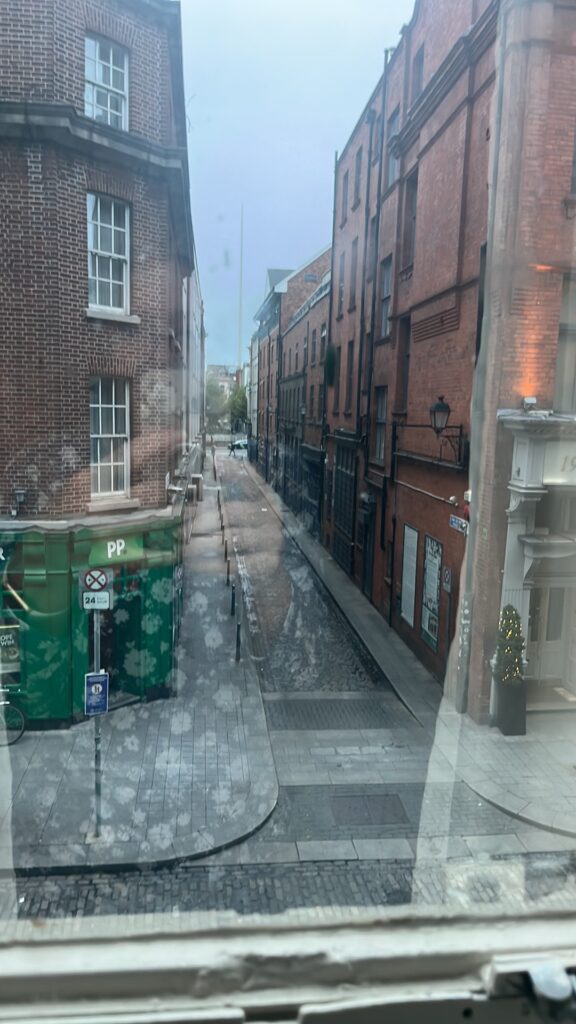Did Gary Chapman’s groundbreaking book, “The Five Love Languages,” make it’s debut in 1992? WOW how time fly’s! I believe this publication has help transform how individuals perceived interpersonal relationships. I encountered it years ago, as a mandatory reading while in marriage counseling during my first marriage. It was strongly recommended in counseling sessions during my second marriage, though my second husband, did not read past the first chapter.
I personally delved into the book on both occasions and revisited it about a year ago. At the very least, the book assists in pinpointing factors that contribute to happiness, contentment, and fulfillment within a relationship. Recently, I revisited the self-assessment test at the book’s conclusion. Once again, Words of Affirmation emerged as my primary language of love. Acts of Service and Physical Touch, trailing slightly behind Words of Affirmation, claimed the positions of my secondary love languages.
I am uncertain to the validly of Dr. Chapman’s theory on “filling up your partner’s tank,” however he has sold a significant of books and marriage counselors recommend his book. In case you haven’t read his book and just want to take his self assessment test at the end I thought I would share it.
The test comprises 30 pairs of statements, necessitating the selection of only one statement from each pair. Jot down the corresponding letter for your choice and, at the conclusion, tally the occurrences of each letter. Your primary love language is determined by the letter with the highest score, while others rank accordingly based on their importance. If one or more languages closely trail but score lower than your primary, they become your secondary love language(s).
The Five Love Languages Test
By Dr. Gary Chapman
Read each pair of statements and choose the one that best describes you.
A. I like to receive notes of affirmation from you.
E. I like it when you hug me.
B. I like to spend one‐on‐one time with you.
D. I feel loved when you give me practical help.
C. I like it when you give me gifts.
B. I like taking long walks with you.
D. I feel loved when you do things to help me.
E. I feel loved when you hug or touch me.
E. I feel loved when you hold me in your arms.
C. I feel loved when I receive a gift from you.
B. I like to go places with you.
E. I like to hold hands with you.
A. I feel loved when you acknowledge me.
C. Visible symbols of love (gifts) are very important to me.
E. I like to sit close to you.
A. I like it when you tell me that I am attractive.
B. I like to spend time with you.
C. I like to receive little gifts from you.
D. I know you love me when you help me.
A. Your words of acceptance are important to me.
B. I like to be together when we do things.
A. I like the kind words you say to me.
E. I feel whole when we hug.
D. What you do affects me more than what you say.
A. I value your praise and try to avoid your criticism.
C. Several inexpensive gifts mean more to me than one large expensive gift.
E. I feel closer to you when you touch me.
B. I feel close when we are talking or doing something together.
A. I like you to compliment my achievements.
D. I know you love me when you do things for me that you don’t enjoy doing. TURN OVER
E. I like for you to touch me when you walk by.
B. I like when you listen to me sympathetically.
C. I really enjoy receiving gifts from you.
D. I feel loved when you help me with my home projects.
A. I like when you compliment my appearance.
B. I feel loved when you take the time to understand my feelings.
E. I feel secure when you are touching me.
D. Your acts of service make me feel loved.
D. I appreciate the many things you do for me.
C. I like receiving gifts that you make.
B. I really enjoy the feeling I get when you give me your undivided attention.
D. I really enjoy the feeling I get when you do some act of service for me.
C. I feel loved when you celebrate my birthday with a gift.
A. I feel loved when you celebrate my birthday with meaningful words (written or spoken.)
D. I feel loved when you help me out with my chores.
C. I know you are thinking of me when you give me a gift.
C. I appreciate it when you remember special days with a gift.
B. I appreciate it when you listen patiently and don’t interrupt me.
B. I enjoy extended trips with you.
D. I like to know that you are concerned enough to help me with my daily task.
E. Kissing me unexpectedly makes me feel loved.
C. Giving me a gift for no occasion makes me feel loved.
A. I like to be told that you appreciate me.
B. I like for you to look at me when we are talking.
C. Your gifts are always special to me.
E. I feel loved when you kiss me.
A. I feel loved when you tell me how much you appreciate me.
D. I feel loved when you enthusiastically do a task I have requested.
E. I need to be hugged by you every day.
A. I need your words of affirmation daily.
A. Words of Affirmation B. Quality Time C. Receiving Gifts D. Acts of Service E. Physical Touch
Curious as to my scores? A: 11 B: 5 C: 1 D: 7 E. 7
Feel free to share your scores



